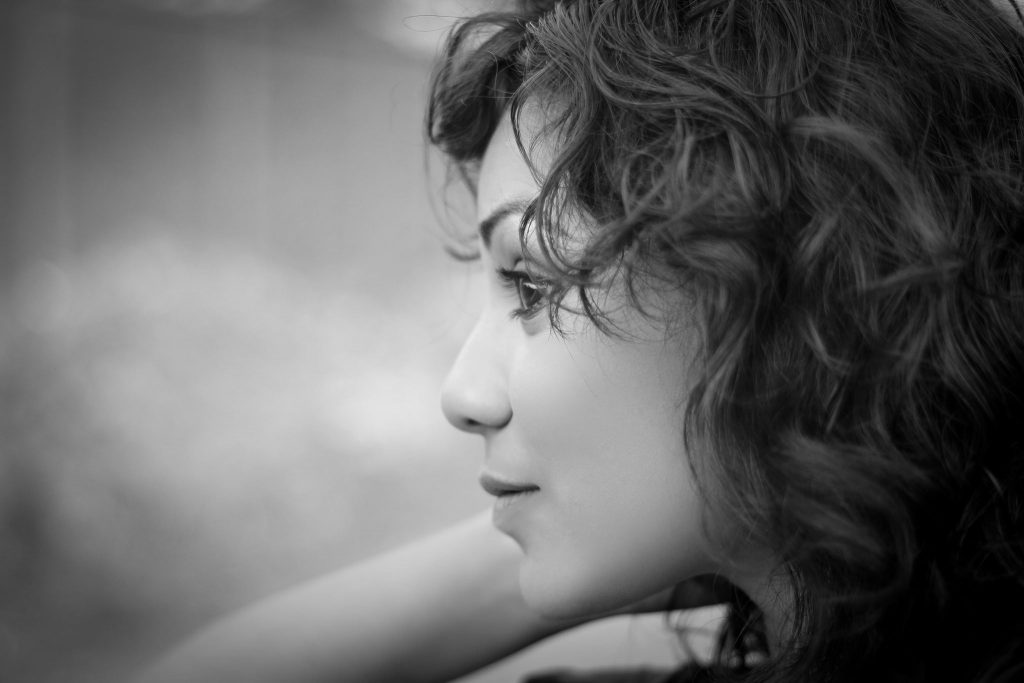As a young girl, I swore I would never marry. Never was I one of those girls who envisioned and planned for a wedding of grandeur. I never dreamt of a faceless man who would one day sweep me off my feet. I never wished to share my deepest thoughts and darkest emotions with someone else. From the very beginning, I was against the entire institution. Marriage, I would say, was not in my future.
And why would it be? People say you learn relationships from the model you have at home and if that is true, my model was one that would leave most people at a loss for words and feeling rather uncomfortable.
My parents had an arranged marriage. As an adult, I have completely accepted the definition and implications of such a term but growing up, I struggled to reconcile with the fact that my parents seemingly hated each other. Their marriage was (and still to this day is) not the happiest. When trying to revisit my earliest memories, I can only remember flashes and jumbles that when pieced together form a hazy memory.
My father angry, his face cast with a black shadow as he towered over her. My mother defiant with her back to the stove and slowly reaching for a wooden cooking spoon within her grasp. Screams overpowered noises coming from a Barney episode that was meant to distract me. Rust colored blood stained my father’s scalp and the heartbreaking, muffled sobs of my mother I could hear through the crack below the bedroom door.
I was four years old.
Yet despite the poor (and continuingly deteriorating) relationship of my parents, marriage was always a big topic around the household, especially in relation to me. Dinner conversation or fodder for jokes; it became the focal point of my life almost unassumingly. Everything I did or said or planned to do became about my eligibility as a future wife. Or who could and could not be eligible for me.
Drilled into my head was the type of guy that was deemed as “worthy” for the family.
“He should be Bangladeshi, but as long as he’s Muslim, it would suffice. And not just Muslim, he had to be born into a Muslim family, not a convert. No white boys, ever.”
I could not understand where the obsession stemmed from. I began to resent it and resent them. I had barely begun to discover the existence of boys as more than just fellow dirt-stained creatures on the playground yet here we were, all but shopping for my wedding. From a young an age, I felt as though I was being groomed to aspire to be nothing more than a glorified housewife.
I couldn’t understand it and I couldn’t understand my mother’s logic given the wild success of her marriage; why was marriage such an important institution if I was destined to live my life to birth children to a man I couldn’t stand? My whole life began to feel confined and claustrophobic as if I were caught between the pages of a foreign and contemporary Jane Austen novel.
Here’s the thing: marriages are a huge aspect of not just our religion, but our culture too. Marriages are valued to the point of obsession.
I got my first proposal when I was 18 or 19. I didn’t find out about it until months later when my mother casually dropped it into a conversation (citing she rejected the marriage because the boy was only a masters student at the University of Toronto). Yet these things are so normalized and commonplace within our culture that not one quizzical eyebrow was raised. Only my voice was lost into hoarseness as I shrieked my objection and dismay.
[Read More: The Struggle of Prioritizing Marriage vs. Career In Your 20s]
Yet somewhere in the process of my own maturation between high school and college graduation, I lost the aversion to marriage. And that aversion turned inward, manifesting itself into self-doubt and blame. I blamed myself for being too romantic, for allowing literature to influence and shape my sharp yearning for a companion.
My romanticism, in the eyes of my mother, was weaponized against me. I was young, impractical, naïve, and inexperienced. Love was not something necessary for a marriage to thrive. Instead, marriage was just another box on a checklist of things to accomplish. Degree, marriage, kids – in that order and hurry because we want grandchildren.
Instead, I dug my heels in the ground to resist. I am undoubtedly a child of the West; despite having South Asian and Muslim backgrounds, I am surrounded by a culture so far removed than of my parents that despite their every effort, conservatism was not instilled into me by any means. Despite being okay with the concept of marriage now, I am not okay with having a marriage which mirrors that of my parents.
My romanticism still runs deep; I wish for a soul connection and an intense mutual respect with the man I spend the rest of my life with. I refuse to settle for any less. And I’m selfish. I still yearn for the kind of individualism and independence much of my formative years lacked. I’m slowly learning to be okay with putting my desires first.
My family cannot grapple with the nuances of that. They are already thin-lipped with disapproval at my adamancy to push marriage off until after I’ve completely my master’s degree. They cannot reconcile with that fact and I fear they never will. They gave me everything they possibly could, everything, and with good intentions, in the only way they knew how. So how can I make them understand it was at their hands and by their example I refuse to settle for anything less than what I truly deserve?
 Tazrin Hossain is a recent graduate of the University at Buffalo and holds a Bachelors of Arts in Political Science with a concentration in International Politics. She has an intense passion for global affairs as well as for philanthropy and policy-based issues. She is a self-proclaimed postcolonial feminist who is always looking to better the human experience for everyone indiscriminately by furthering my educational and professional endeavors.
Tazrin Hossain is a recent graduate of the University at Buffalo and holds a Bachelors of Arts in Political Science with a concentration in International Politics. She has an intense passion for global affairs as well as for philanthropy and policy-based issues. She is a self-proclaimed postcolonial feminist who is always looking to better the human experience for everyone indiscriminately by furthering my educational and professional endeavors.





